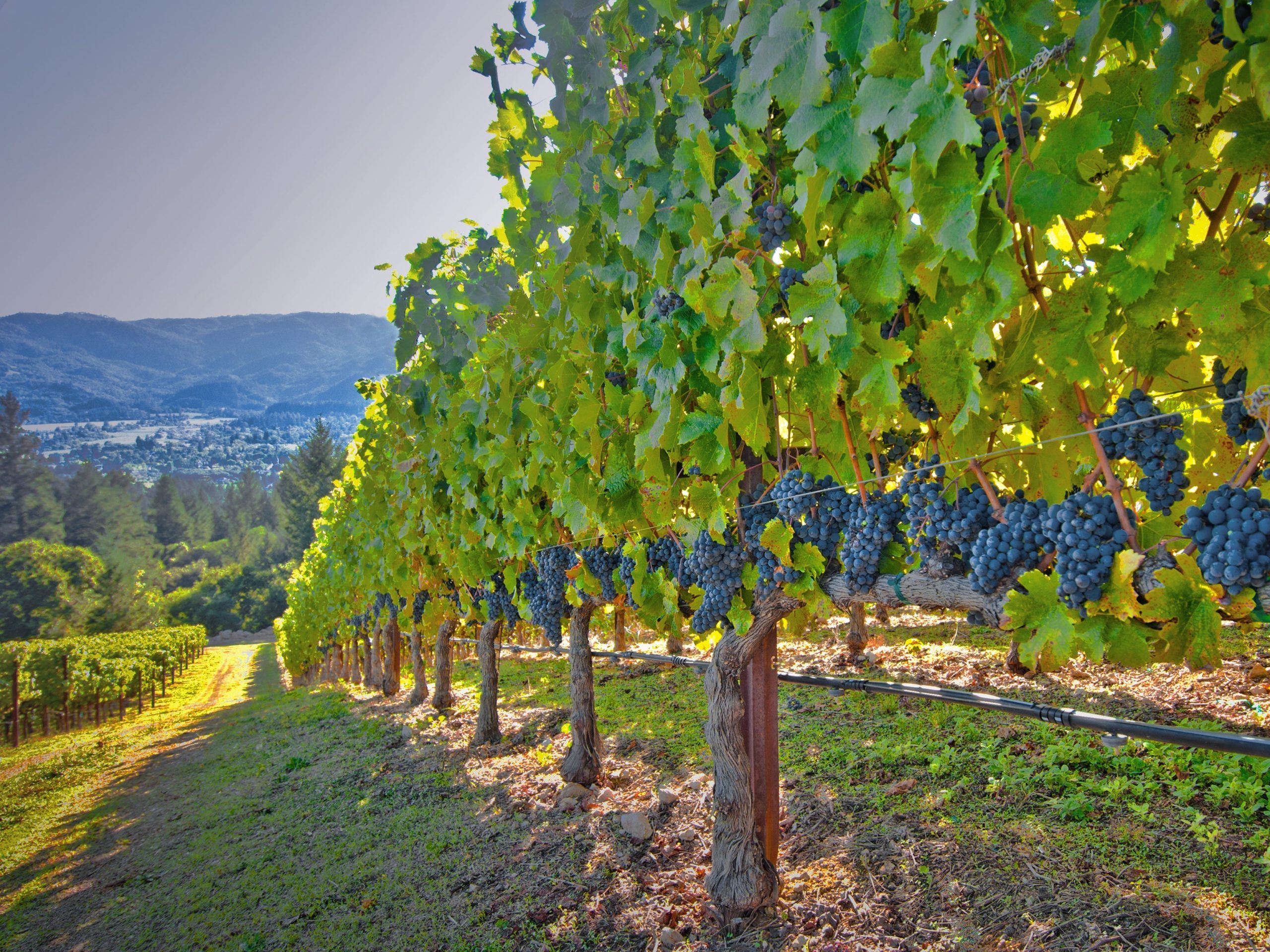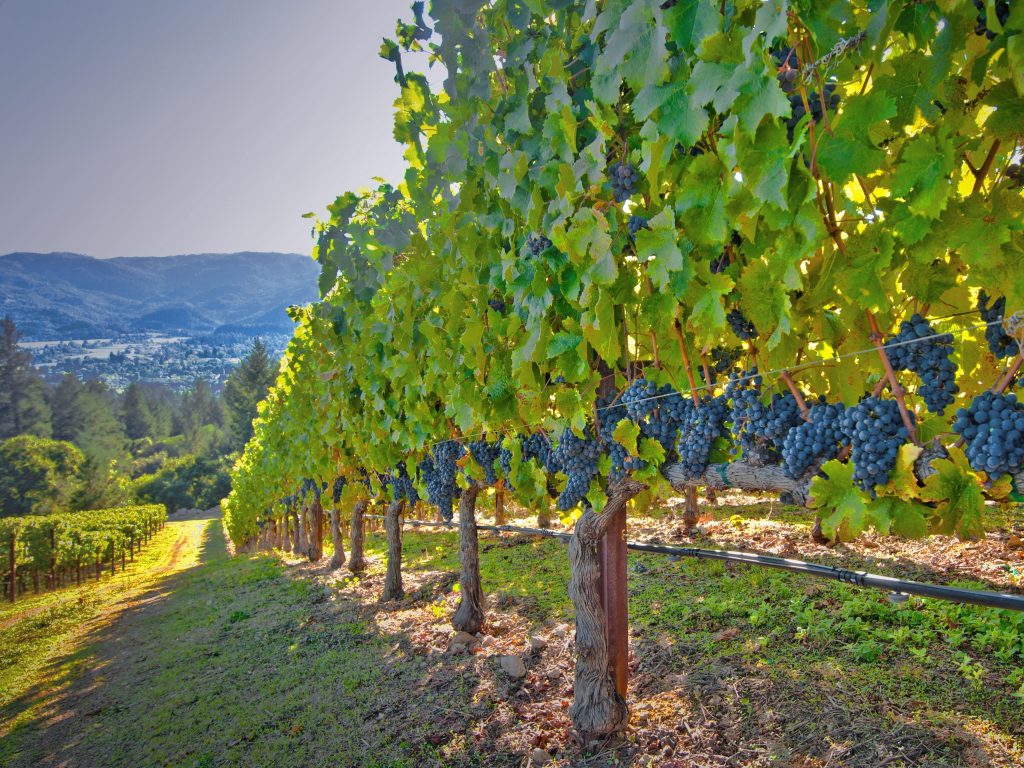
Charles O'Rear/Getty Images
- Running a vineyard can be a complicated balancing act between multiple sides of the business.
- Weather is a merciless wild card – wildfires, freezes, and hailstorms can kill nearly a year's worth of grapes.
- Vineyard owners love the outdoors, the intricate winemaking process, and the end product.
Despite years of studying and learning from professional winemakers before he opened a vineyard, the sheer amount of work required to run a winery still surprised Tony Smith, the owner of Ab Astris Winery in Texas' wine country.
"Wine-making is romantic to some people, and sometimes it is romantic. But there's just a lot of hard work," he told Insider. "It's much harder than I thought it would be."
Boutique vineyard owners told Insider that they whirl between spending hours in the fields pruning, selecting grapes, and doing farm work; guiding guests through wine tastings; governing the fiddly winemaking process, and managing all the typical tasks of running a business.
"Making wine is not an easy process," Lloyd Davis, owner of Corner 103 in Sonoma, California, said. An unexpected freeze, an invasive pest, freak hailstorms, or raging wildfires can wipe out almost an entire year's worth of work.
In California, Davis left almost a full year's harvest on the vines after raging wildfires smothered the vineyard in a layer of ash and permeated the grapes with an unpleasant flavor similar to cigarette smoke. In Texas, a weeklong snap of freezing cold weather and hailstorms killed buds on Smith's flowering vines and plummeted his output to a fraction of the previous year. On the East Coast, lanternflies can decimates acres worth of plants by slurping life-giving sap out of vines.
"In the wine world there's something always going on, whether it's dealing with weather, whether we're having rain or no rain, dealing with wildfires," Davis said. "There's always something to keep you on your toes."
However, Davis said one of the pleasures of owning a vineyard is creating a wine that he loves to drink, a process that lies at the junction of scientific precision, personal taste, and intuition.
"It's like cooking," he said. "There's a recipe to make a wine, but if you follow the recipe, you're going to make something barely drinkable."
Once grapes are pressed, the juice ferments during months-long stays in tanks, oak barrels, and bottles. Davis tastes the liquid throughout the process to know what kind of barrel to put the wine in, whether to add a chip of oak wood into the barrel to nudge the wine closer to his ideal flavor, and when the wine is ready to be released.
When deciding which grapes to pick every day - around October he's choosing Cabernet Sauvignons and Merlots - he measures the sugar content but bases his decision on whether the grapes have a compelling flavor.
"As any wine maker will tell you, great wine starts in the vineyard," said Theodora Lee, the owner of Theopolis Vineyards.
It's consuming work. While Lee loves fine wine, farming, and the outdoors, she said running her business has left her almost no time for personal relationships, while severe heat, drought, and wildfires related to global warming are making wine grapes increasingly vulnerable.
Pandemic-related issues have also sliced revenue for winemakers who relied on big events, restaurant sales, and corporate wine-tastings prior to the pandemic.
Chris Wachira, the owner of Wachira Wines, is struggling to fill staff without extra money to attract applicants. Though she wants to export wines to Kenya, her home country, where she was never able to find California wine, she has put a halt on expanding her business because of a crippling shortage of glass bottles to ship her products in.
"It's quadrupled my stress levels, Wachira said. "There's always a new issue to navigate."
